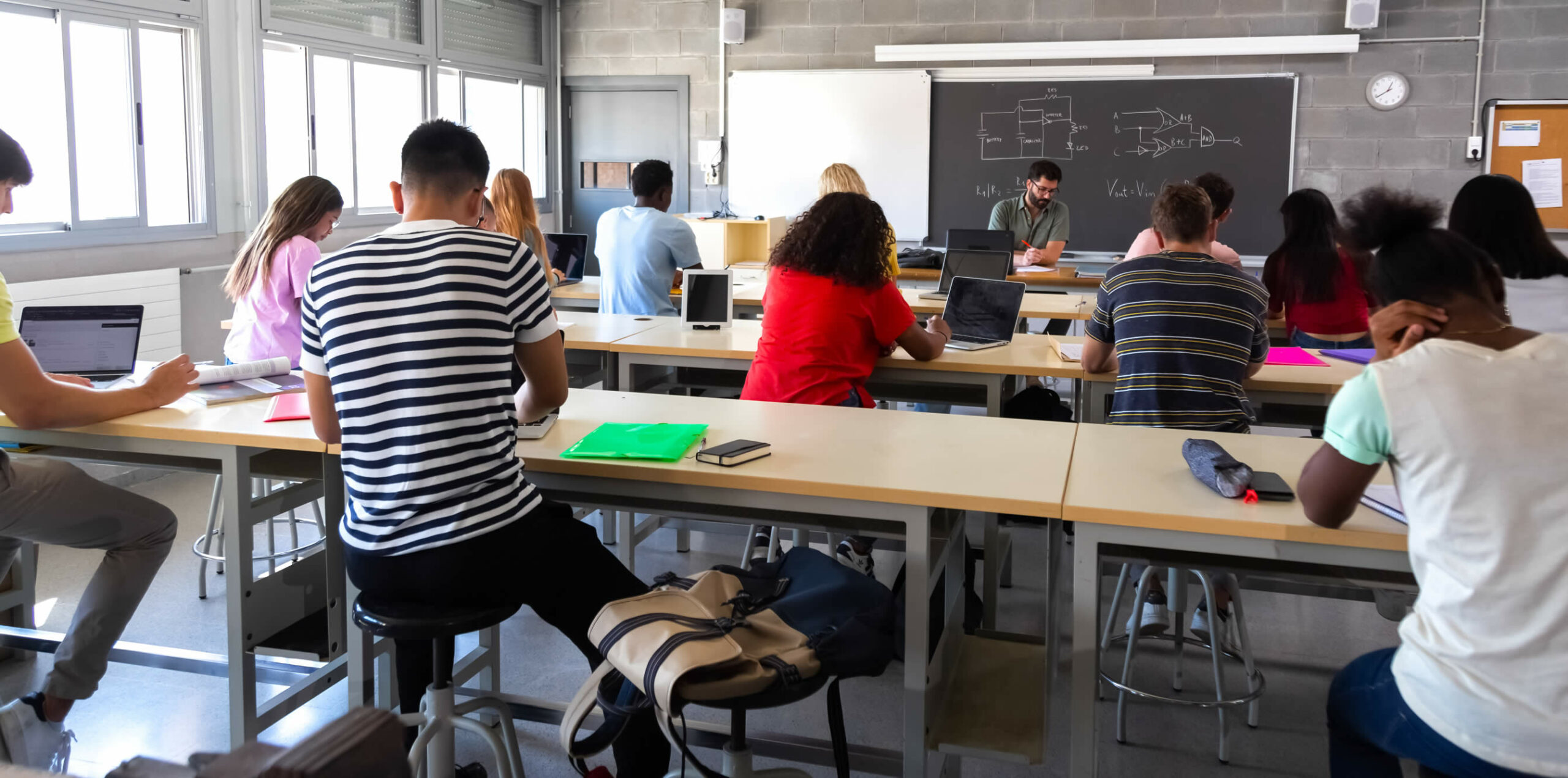A rising number of sexual abuse allegations from within this country’s schools, according to data, has led a group of survivors of childhood sexual abuse and the Canadian Centre for Child Protection to urge government action.
According to a recent study released on Wednesday by the Canadian Centre for Child Protection, 548 alleged victims reported sex abuse in schools between 2017 and 2021.
According to the research, 252 current or former school employees who worked in elementary and high schools in Canada perpetrated or were accused of committing sexual offences against at least 548 minors.
According to the data, there have been more reports of abuse since the last study was published in 2018, which was based on an analysis of disciplinary records, media sources, and criminal case law.
Another 38 current or past school employees were also discovered to have faced criminal charges for other offences related to child pornography, according to this latest analysis.
All ministries of education should be “shocked” by the findings, according to Noni Classen, director of education at the Canadian Centre for Child Protection.
Stop Educator Child Exploitation (SECE), a new organization founded by survivors of sexual abuse “at the hands of school staff,” claims that Canada’s patchwork system of laws, customs, and reporting procedures for victims needs to be overhauled.
The group has released its own set of reform suggestions, which calls for the creation of federal or state agencies to handle complaints in a manner akin to an independent authority like an auditor general.
There will always be sexual predators in our schools, even if the majority of teachers are sincere, compassionate people, according to the SECE report.
The SECE report claims that there is “no central database in Canada where the names of teachers who pose a risk to their kids are preserved.”
Changes have been made by regulators including the Ontario College of Teachers. The college now offers a required, online course on sexual assault prevention that was introduced in early 2022.
In order to discuss their new findings and recommendations, the centre and SECE intend to contact every ministry of education.







